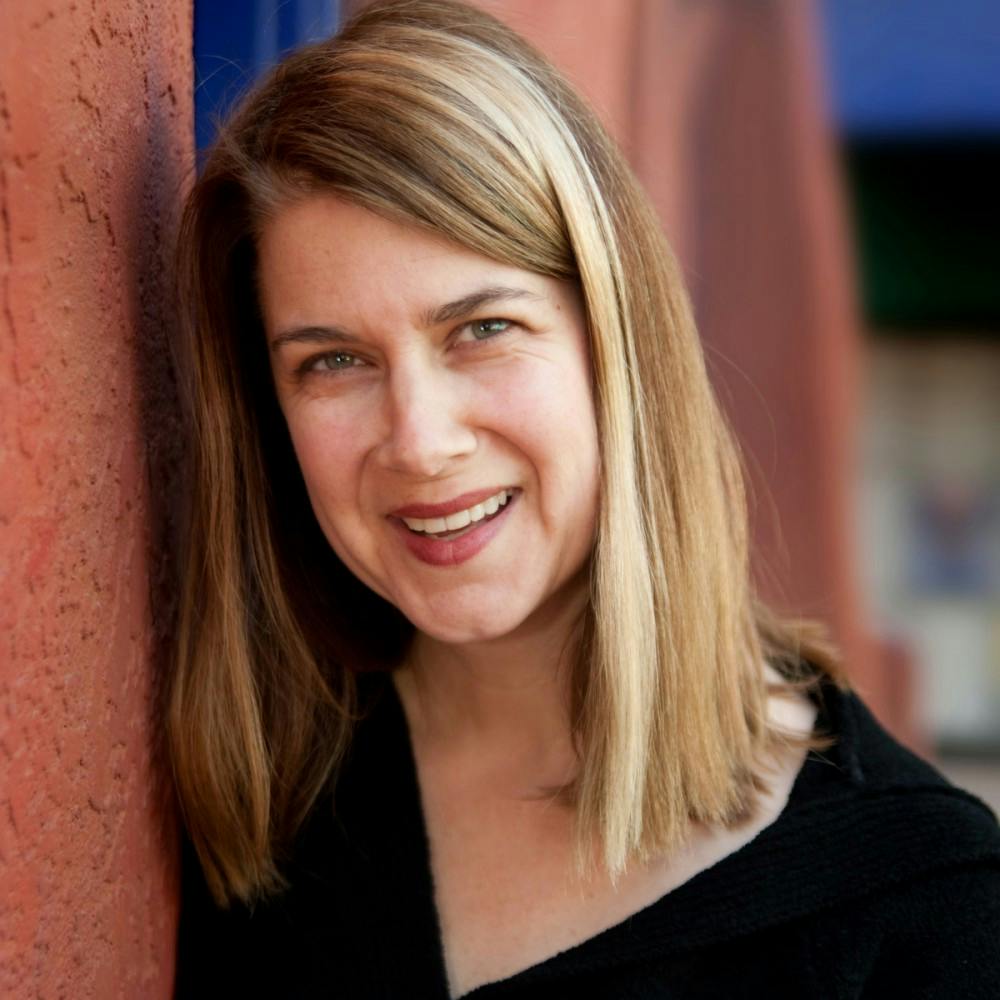Award-winning novelist Lydia Millet will be the third and final guest author at USC’s Fall Literary Festival, which will be held Thursday from 6-8 p.m. The festival gives writers the opportunity to showcase their work, hold book signings and let students ask questions.
Millet has written 11 novels, ranging from “philosophical to the satirical,” standing out with their dark sense of humor and political and conservationist themes. She is a Guggenheim Fellowship recipient and a Pulitzer Prize finalist, among other significant recognitions.
At Thursday night's event Millet will be reading from one of her most recent novels as well as new, unreleased stories. She encourages people to ask questions or even come up to her with private questions following the event.
Millet says that she has been writing all her life, and was influenced from a young age by classic childhood stories.
“I grew up with the Narnia books, and I'd say they and Dr. Seuss were my early inspirations,” Millet said.
She started writing seriously in college, crafting her first novels as an undergraduate student — though she acknowledges that these early pieces were far from the quality of her award-winning work today.
"More and more I write now about the crises of climate change and extinction. I've always written about the political," Millet said. "Only more recently have I done so outside the satirical."
Her interest in addressing environmental issues through writing may reflect her work with the Center for Biological Diversity, a non-profit organization in Tucson, Arizona, that protects endangered species. Millet is a staff writer and editor at the center and has worked there for 18 years. She said that she loves working with the center, though that work — in combination with a busy home life — can make the writing process take longer.
Jim Barilla, festival director, is an associate professor of English who teaches creative writing and environmental literature. He has taught some of Millet's stories in his own classes and says students seem to enjoy her novels. He likes that Millet's work is both accessible and thought-provoking.
"They're witty and ironic, but there's more to contemplate on a deeper level as well," Barilla said.
He thinks the festival is a great opportunity to hear from authors like Millet and how they go about "the craft of writing" and the "process of creating."
Millet's work differs in theme and content from that of previous authors at the festival, reflecting Barilla's hopes to invite a variety of writers to campus in order to create a diverse future for the Fall Literary Festival.
"Our goal is to bring in a diversity of authors that appeal to students and the broader community," Barilla said. "So we'll continue to look for new voices who work in different genres, from poetry to fiction and beyond."

